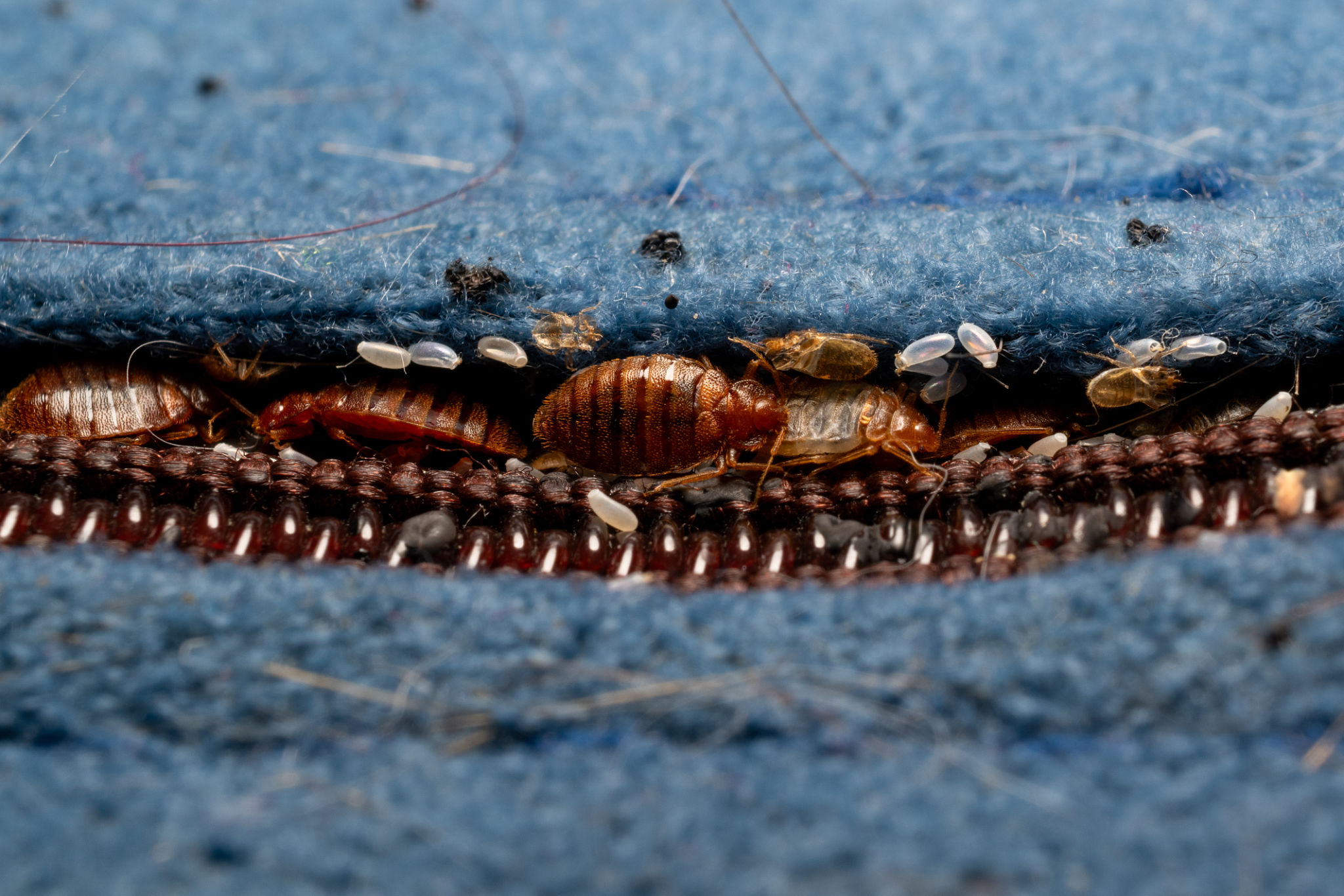DIY Bed Bug Control: What Works and What Doesn’t
Dealing with a bed bug infestation can be a nightmare. These pesky insects are notorious for their resilience and ability to spread quickly. If you're facing a bed bug problem, you might be considering DIY solutions before calling in the professionals. However, it's crucial to understand what works and what doesn't in the realm of DIY bed bug control.
Understanding Bed Bugs
Before diving into the methods of control, it's important to understand what you're up against. Bed bugs are small, reddish-brown insects that feed on human blood. They are excellent at hiding and can be found in mattresses, box springs, bed frames, and even in tiny crevices around your home.

The first step in any bed bug control strategy is proper identification. Misidentifying bed bugs can lead to wasted effort and resources on ineffective treatments. Look for signs like tiny reddish spots on your sheets, shed skins, and, of course, the bugs themselves.
Effective DIY Methods
Thorough Cleaning and Decluttering
One of the most effective ways to combat bed bugs is through thorough cleaning and decluttering. This involves washing all bedding, curtains, and clothing in hot water and drying them on the highest dryer setting. Vacuuming regularly, especially around beds and furniture, can also help reduce their numbers.

Heat Treatments
Heat is a powerful weapon against bed bugs. They cannot survive high temperatures, so using a steam cleaner on mattresses and other furniture is effective. Additionally, placing infested items in a hot dryer for 30 minutes can kill bed bugs and their eggs.
Encasements
Encasements for mattresses and box springs can trap any existing bed bugs and prevent new ones from taking up residence. Make sure to use high-quality, bed bug-proof encasements for the best results.

Methods That Don’t Work
DIY Pesticides
While it might be tempting to grab any pesticide labeled for insects, many over-the-counter solutions are not effective against bed bugs. Bed bugs have developed resistance to some common chemicals, making these treatments inadequate.
Home Remedies
Some popular home remedies, like using essential oils or baking soda, have no scientific backing and are unlikely to resolve an infestation. These methods might deter bed bugs temporarily but won't eliminate them.
Ignoring the Problem
Hoping that bed bugs will disappear on their own is a mistake. They reproduce quickly, and ignoring the problem will only make it worse over time. Taking prompt action is essential for effective control.

When to Call the Professionals
If DIY methods fail to control the infestation, it might be time to call in professional pest control services. Experts have access to stronger treatments and more effective strategies for dealing with bed bugs. In severe cases, professional help can be the most efficient and effective option.
In conclusion, while some DIY methods can help manage a bed bug problem, they often require persistence and thoroughness. Combining several strategies can increase your chances of success, but don't hesitate to seek professional help if needed. Remember, the key to effective bed bug control is prompt and decisive action.